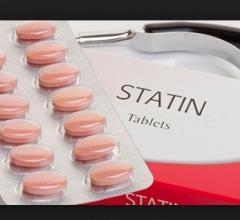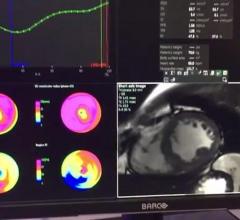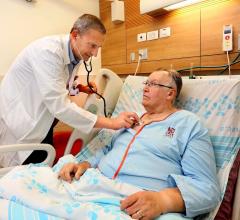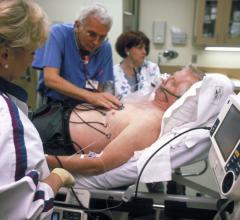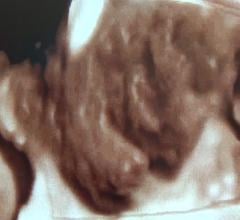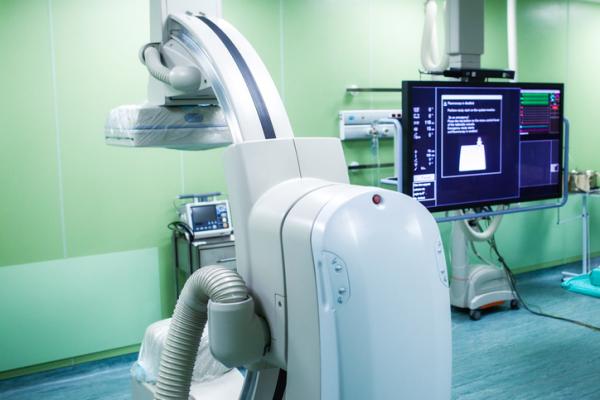
Getty Images
May 23, 2022 — New data from a study of more than 100 million hospitalizations using machine learning augmentation was presented at the Society for Cardiovascular Angiography & Interventions (SCAI) 2022 Scientific Sessions. The findings reveal percutaneous coronary intervention (PCI) is safe and increasing among cancer patients.
Cardio-oncology is a field within cardiology that focuses on the detection, monitoring, and treatment of cardiovascular disease among cancer patients. Oncology patients are commonly an underrepresented population within cardiovascular clinical trials leading to a lack of data on safe and effective treatment options for this patient cohort.
In order to better understand treatment patterns, researchers conducted the first nationally representative multi-year cardio-oncology mortality study of thrombocytopenia, a condition causing low blood platelet count, and coronary intervention including PCI using machine learning augmentation and propensity score (PS). Utilizing the 2016-2018 National Inpatient Sample (NIS) researchers analyzed 101,521,656 hospitalized adult patients, 6,456,777 (6.36%) had active cancer of whom 6.14% had thrombocytopenia.
Among thrombocytopenia patients, patients with active cancer were significantly less likely to receive left heart catheterization (1.88 vs. 5.41%) and PCI (0.48 vs. 1.35%) compared to patients without active cancer. Among cancer patients, patients experiencing thrombocytopenia were more likely to have acute myocardial infarction (4.06 vs. 2.35%) and to receive intravascular ultrasound (62.65 vs. 56.75%). PCI nearly doubled from 2016 to 2018 among patients with thrombocytopenia (10.33 vs. 6.16%). In multivariable regression in PCI, neither active cancer (OR 0.89, 95%CI 0.45-1.75; p=0.738) nor any of the 32 tested primary malignancies significantly increased mortality.
“Our study aimed to leverage the power of big data and artificial intelligence to provide robust, reliable and relevant results to guide appropriately tailored interventions for cardio-oncology patients,” said Dominique J Monlezun, MD, PhD, PhD, MPH, Adjunct Assistant Professor at The University of Texas MD Anderson Cancer Center in Houston, Texas and senior data scientist on the study. “Our hope is to decrease undertreatment among this patient population by ensuring clinicians have reassuring evidence on the safety and efficacy of revascularizations techniques for this specific patient population.”
Moving forward, researchers hope utilizing AI technology will allow investigators and physicians to increase the amount of complex and real-time data collections, ultimately advancing patient care techniques more rapidly than traditional methods.
For more information: www.scai.org


 June 19, 2024
June 19, 2024 


